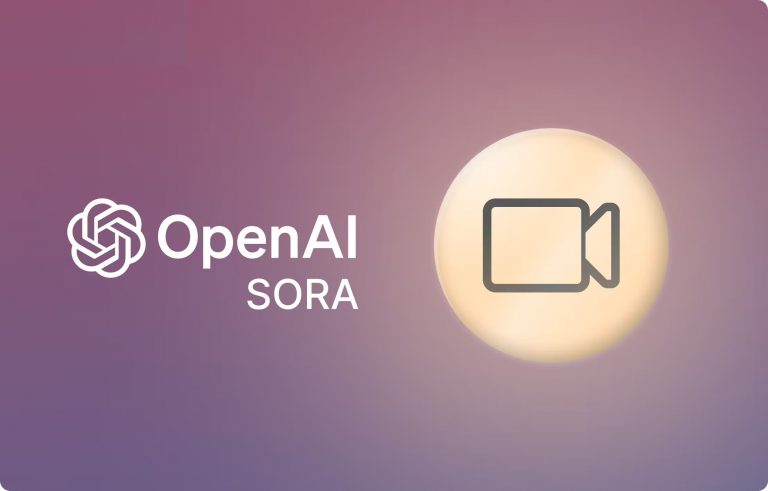OpenAI Reverses Its Policy on Copyrighted Works in Sora Platform

According to a WSJ report, OpenAI has backtracked on its earlier position allowing **Sora** (its AI-powered video app) to use copyrighted works by default—now signaling adjustments to how third-party content and rights will be handled.
Quick Insight: The reversal suggests OpenAI is responding to industry pushback—especially from creators, studios, and rights holders—on the permissive treatment of copyrighted materials in AI-generated content.
1. What Was the Original Stance?
• Initially, Sora’s policy reportedly allowed generation of content using copyrighted IP (e.g. scenes, characters) **unless** rights holders opted out.
• This “opt-out” model meant creators would need to actively register to block the use of their works.
• Many creators and studios criticized this as unfair, arguing that creators should have affirmative control and compensation for use of their IP.
2. What Change Did OpenAI Announce?
• According to the report, OpenAI is now softening or reversing that default use model.
• Instead of “use unless blocked,” OpenAI may move toward requiring **opt-in**, permission, or royalty/compensation frameworks for copyrighted works.
• The shift responds to backlash from creators, agencies, and rights organizations concerned about unfair appropriation of their content.
3. Implications & Challenges Ahead
• **For content creators & studios**: this reversal is a win in terms of asserting IP control, but will require clear mechanisms for opting in, claiming compensation, or setting license terms.
• **For platform & AI development**: OpenAI must redesign parts of Sora’s architecture—e.g. content filtering, licensing systems, and compliance with copyright law.
• **For users & communities**: future AI-generated content may be more limited or cautious in referencing existing characters, scenes, or styles.
• **Challenge**: defining fair compensation, tracking usage, handling overlapping copyright claims, and ensuring transparency will be complex.
• **Risk**: overly restrictive policies might stifle creative AI experiments or slow content generation innovation.
What This Means for AI Policy & Creative Industries
This move highlights a fundamental tension in generative AI: how to balance open innovation with respect for intellectual property.
• Policymakers may now push stronger AI copyright frameworks, royalty structures, or mandates for transparency.
• Creative industries will press harder for enforceable protections and possibly government intervention.
• In regions like Nigeria and across Africa, there’s a lesson: as AI arrives, local creators and regulators should preemptively consider how protections, licensing, and creative rights will be handled.
• For AI developers, designing tools that are both generative *and* rights-aware will be key to sustainable progress.
